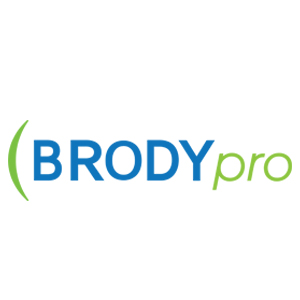At a conference last month, I sat next to a professionally dressed and extremely articulate young man who’d recently been hired as COO of a medical services company.
“What are your biggest challenges?” I asked him.
He went on to explain that his board of directors was unhappy because profits had plateaued. His R&D staff was not very innovative. The HR systems were not efficient. The IT department was slow to fix issues. And the sales staff was barely meeting quotas. By the time he finished talking, there were few departments in his organization left that hadn’t been targeted for blame.
“So, where does the responsibility for all of these problems lay?” I asked, genuinely curious to hear how he’d answer.
The man silently stared at me for about a minute. Then, he nodded and said, “Thank you.”
Why was he expressing gratitude? Clearly, this executive got my message.
Does it resonate with you, too?
As the new COO, the responsibility and oversight of all of his departmental issues now fell squarely in his lap.
Perhaps there were many problems with his staff, but until he took personal responsibility, he would not be able to shift the direction the company was heading.
In my opinion, a primary aspect of effective leadership – in any pay grade — is personal accountability. It’s about owning your attitude, taking responsibility for your performance, and making any necessary and appropriate changes no matter how tough or unpopular they may be.
Here are three quick tips to improve your personal accountability:
- Take full responsibility for your job performance. Without doing that, you will not be able to improve it.
- Mirror what you want to see in others. In other words, be the change you want to create.
- Develop a solution-oriented, win-win mentality. Remember, attitude is contagious, positive or negative.
You can also join our open LinkedIn Group, where we feature various development articles, members share best practices and our experts can answer your questions.
